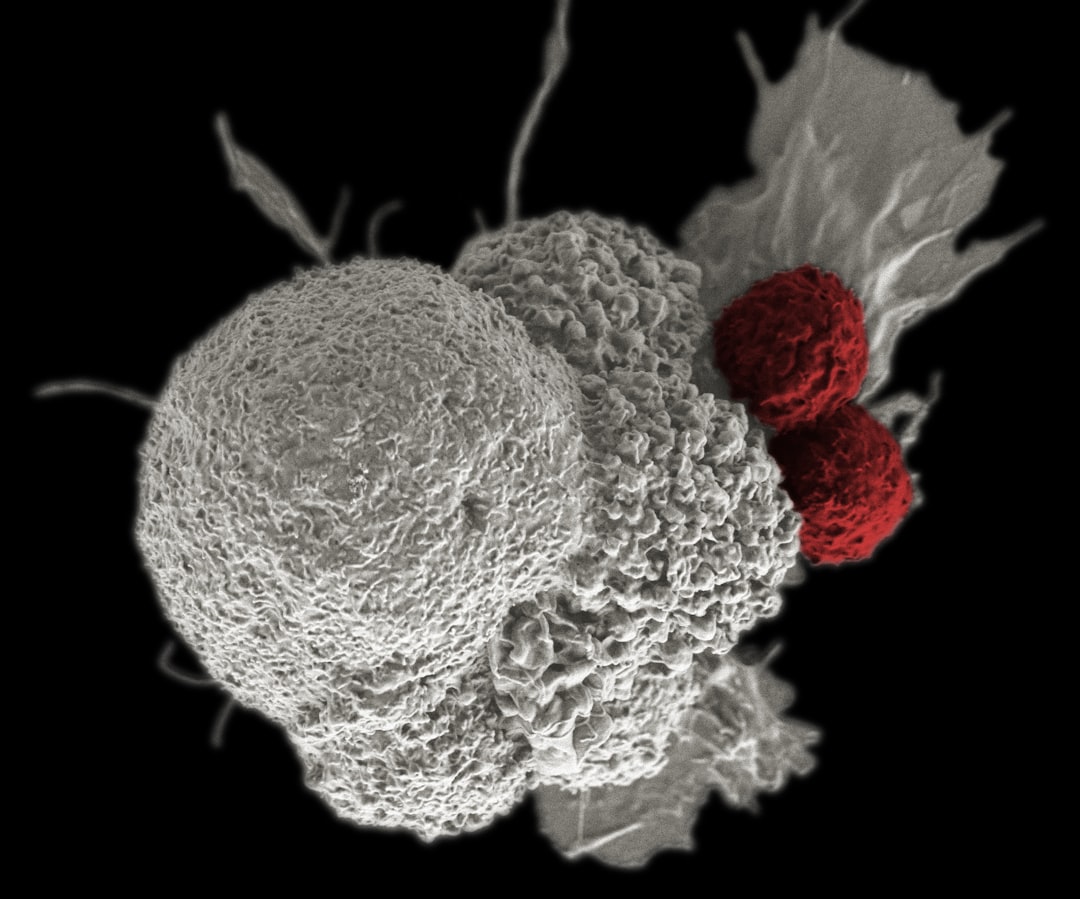What is it about?
The renin angiotensin system (RAS) is a hormone system traditionally well known for its peripheral functions, i.e. regulating blood pressure. While the discovery of the peripheral RAS over 100 years ago has led to the development of highly efficient and widely prescribed antihypertensive drugs (angiotensin receptor blockers), the functions and therapeutic potential of the more recently discovered RAS in the brain remained debated. The present study provides convergent evidence for a contribution of the brain RAS in regulating reward/motivation, stress and memory in humans via dense expression of the receptors in subcortical systems engaged in these functions (amygdala, hippocampus, thalamus, striatum). Transient pharmacological blockade of the receptor enhanced functional communication in subcortical-cortical circuits critically involved in reward processing, regulatory control and learning.
Featured Image

Photo by Hal Gatewood on Unsplash
Why is it important?
The results indicate a regulatory role of the RAS in memory, reward and stress processing in humans. These functions are critically impaired and insufficiently treated in mental and neurodegenerative disorders such as trauma-related disorders, depression, and Alzheimer’s disease. The RAS may represent a promising therapeutic target, importantly the corresponding drugs (angiotensin receptor blockers) are already approved and widely used for cardiovascular disorders allowing a rapid translation.
Read the Original
This page is a summary of: The central renin–angiotensin system: A genetic pathway, functional decoding, and selective target engagement characterization in humans, Proceedings of the National Academy of Sciences, February 2024, Proceedings of the National Academy of Sciences,
DOI: 10.1073/pnas.2306936121.
You can read the full text:
Contributors
The following have contributed to this page










